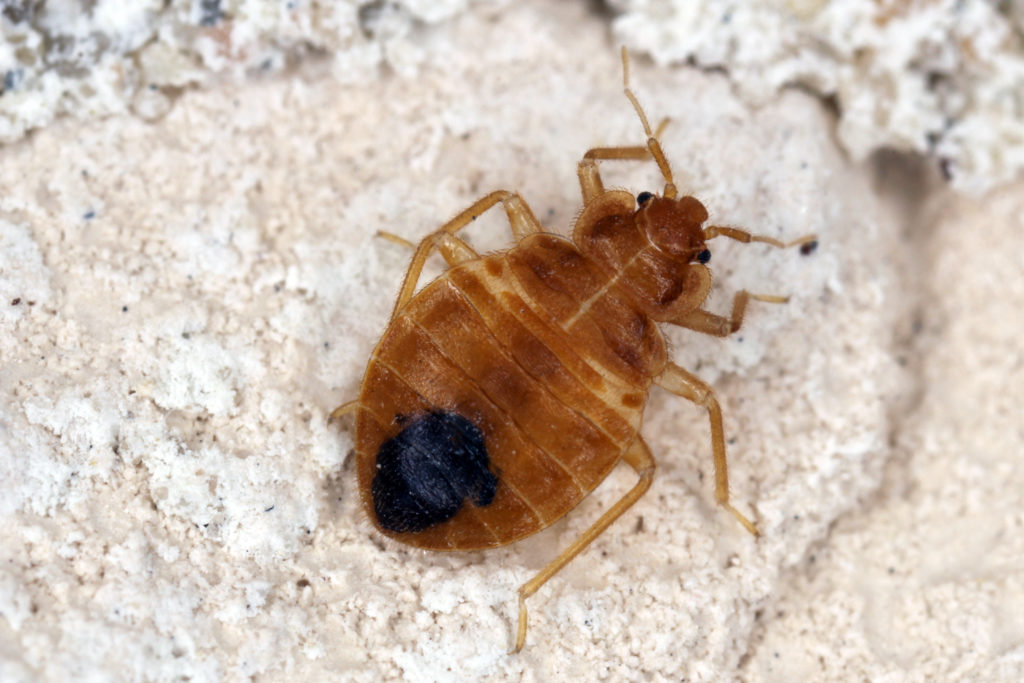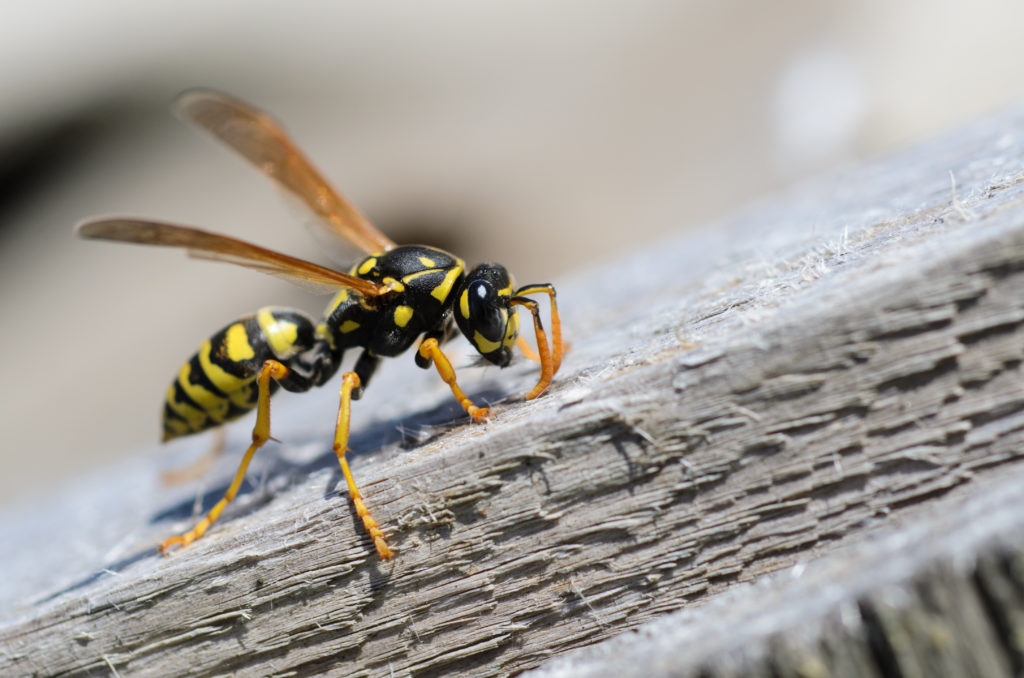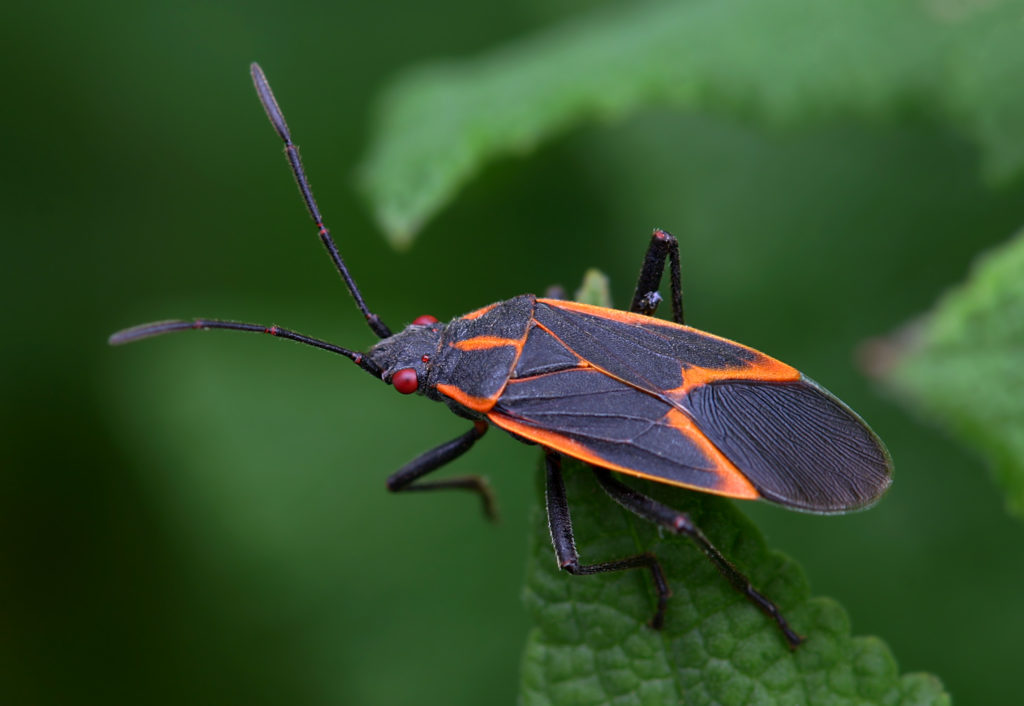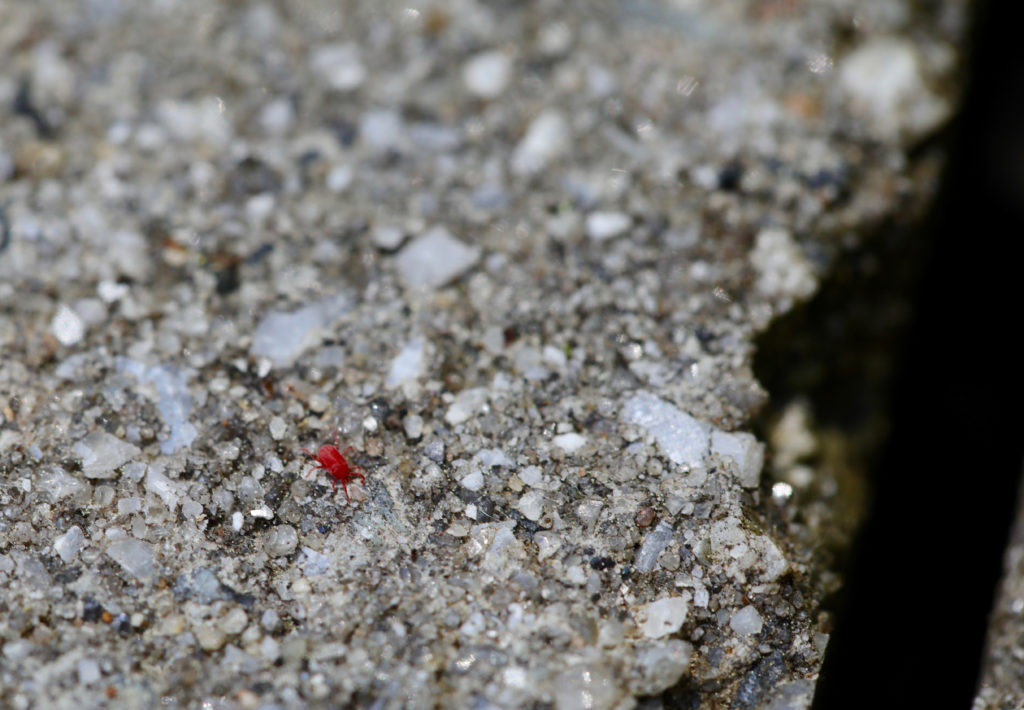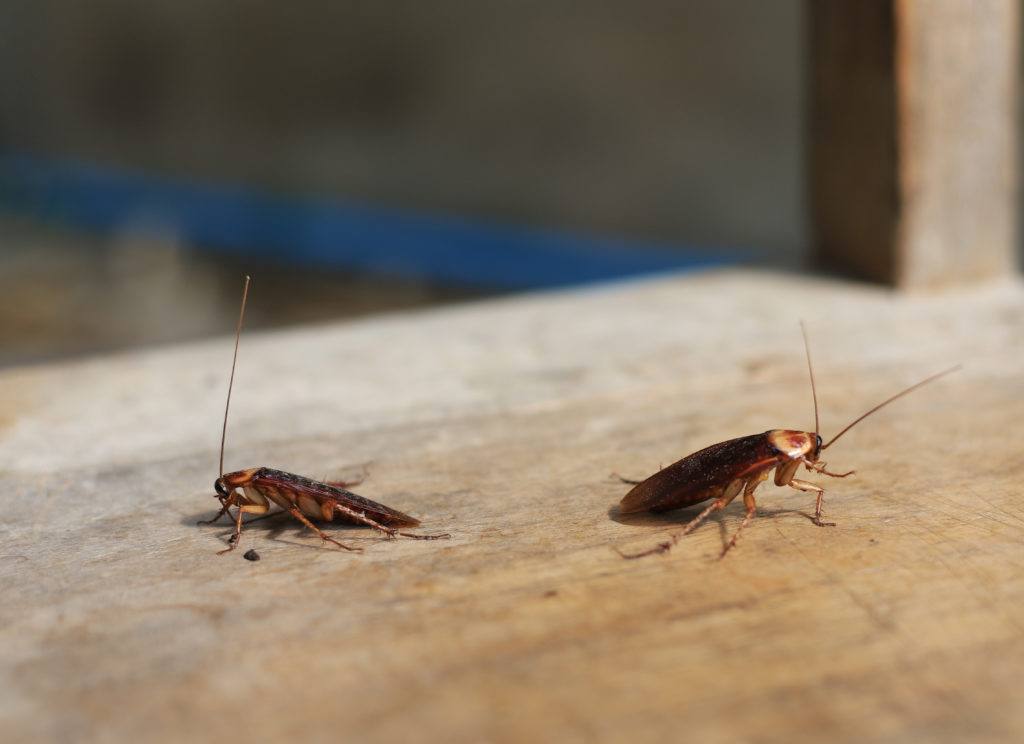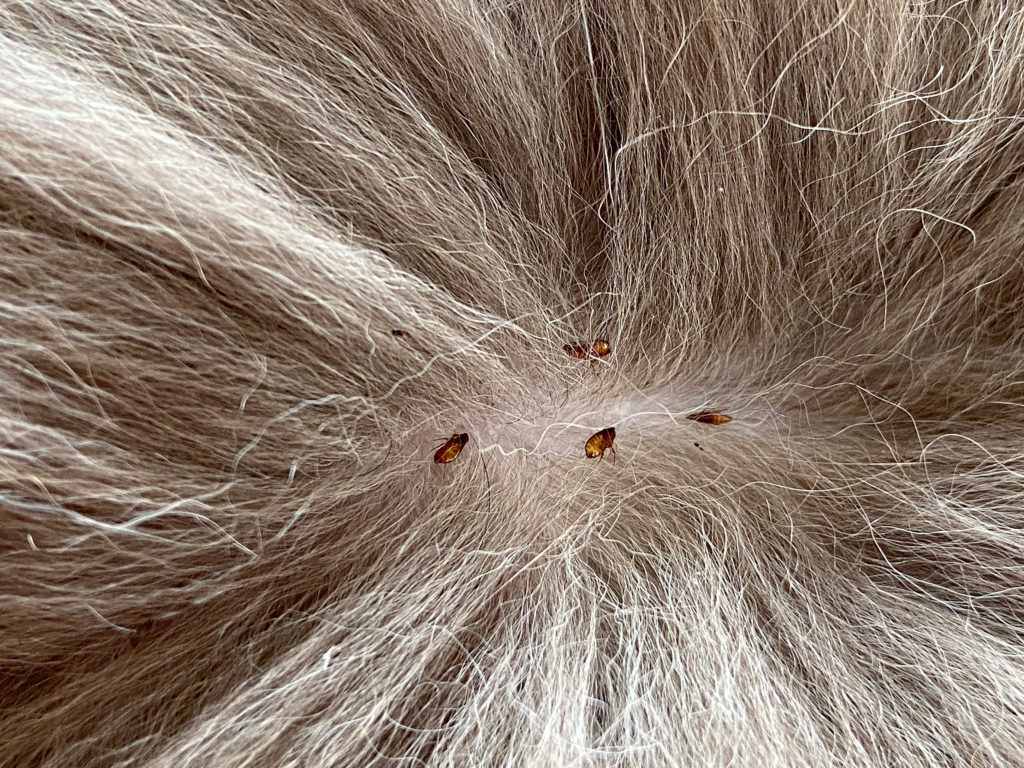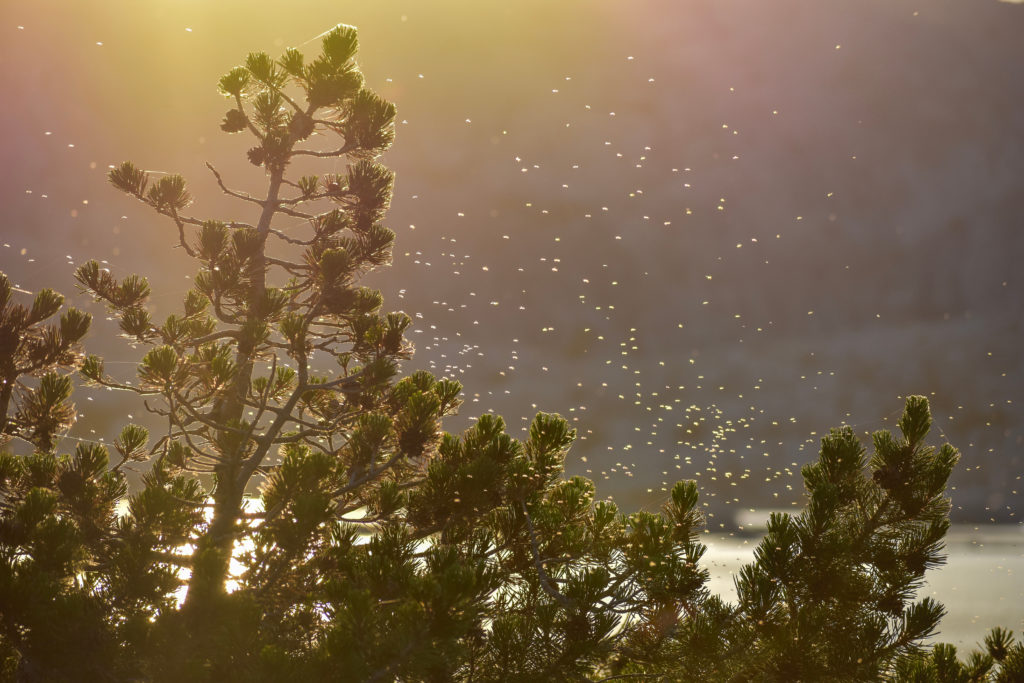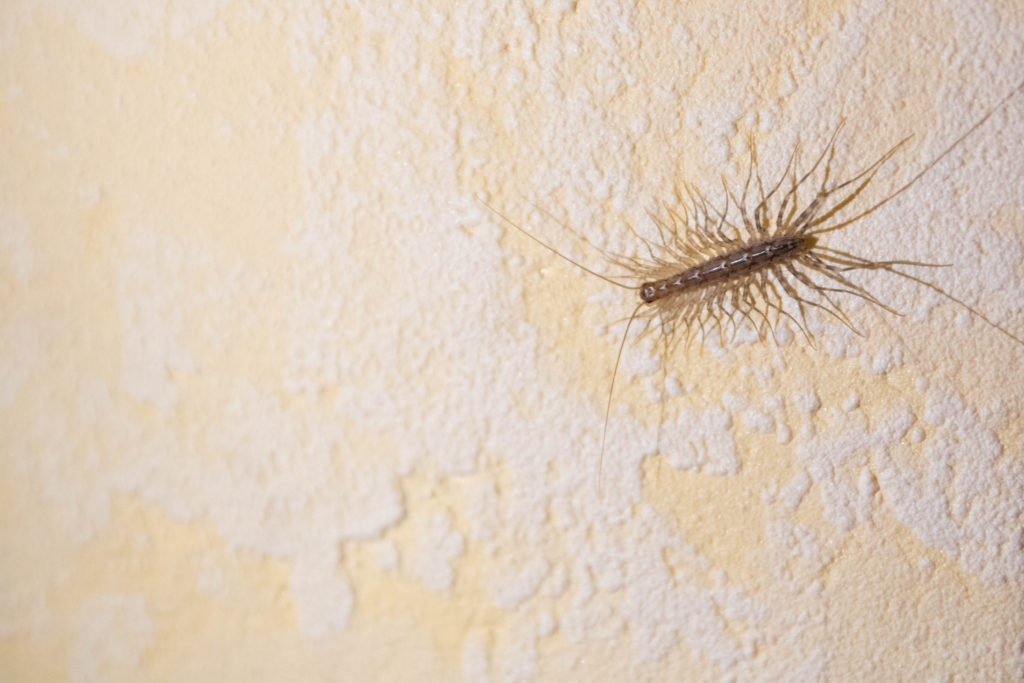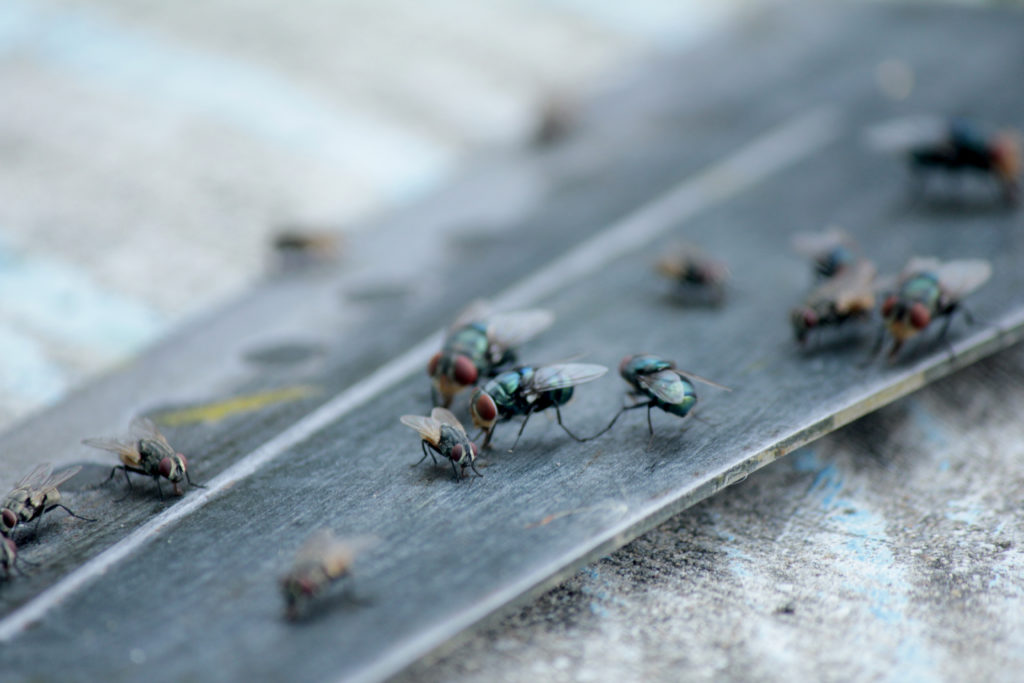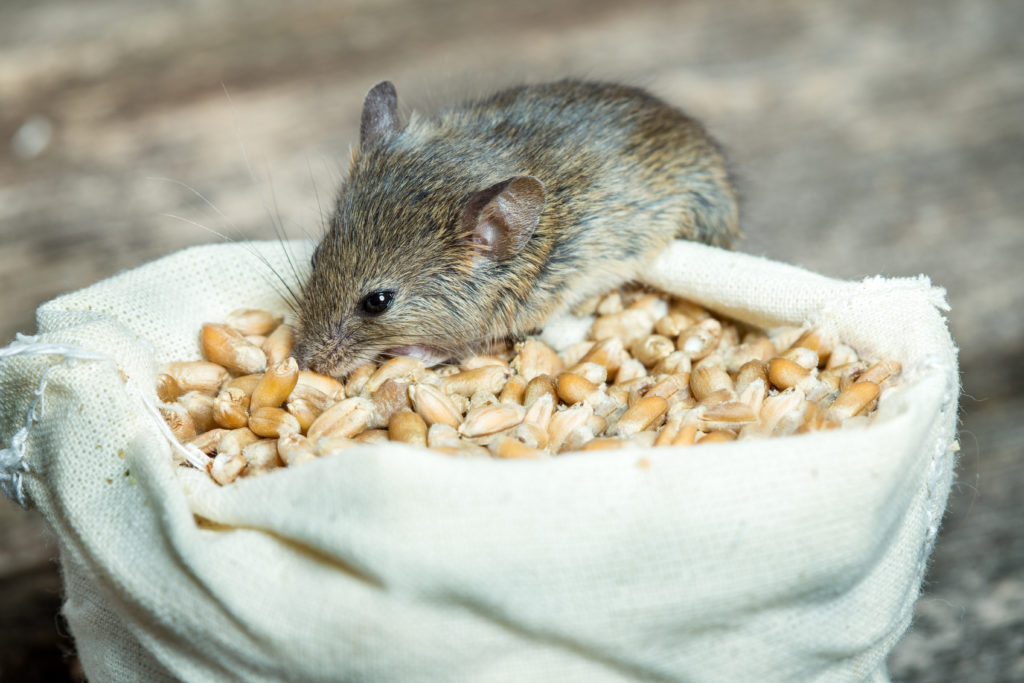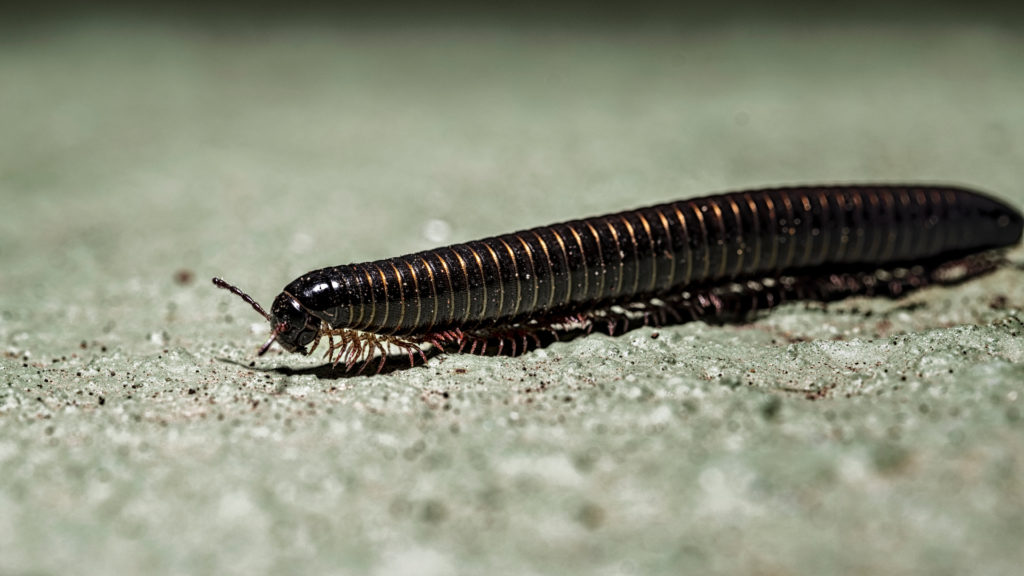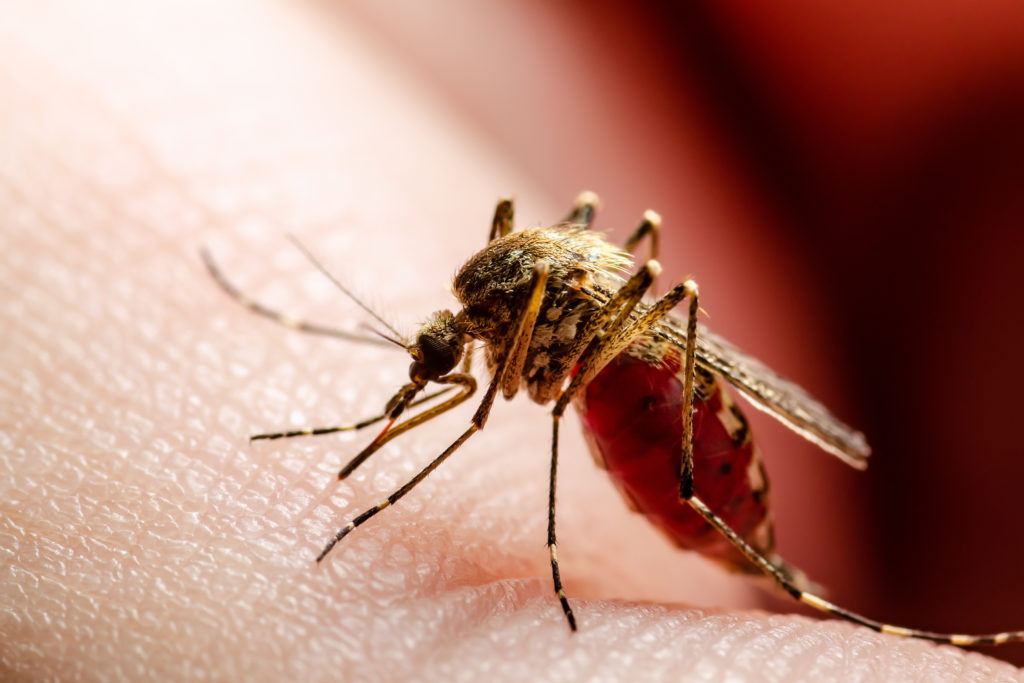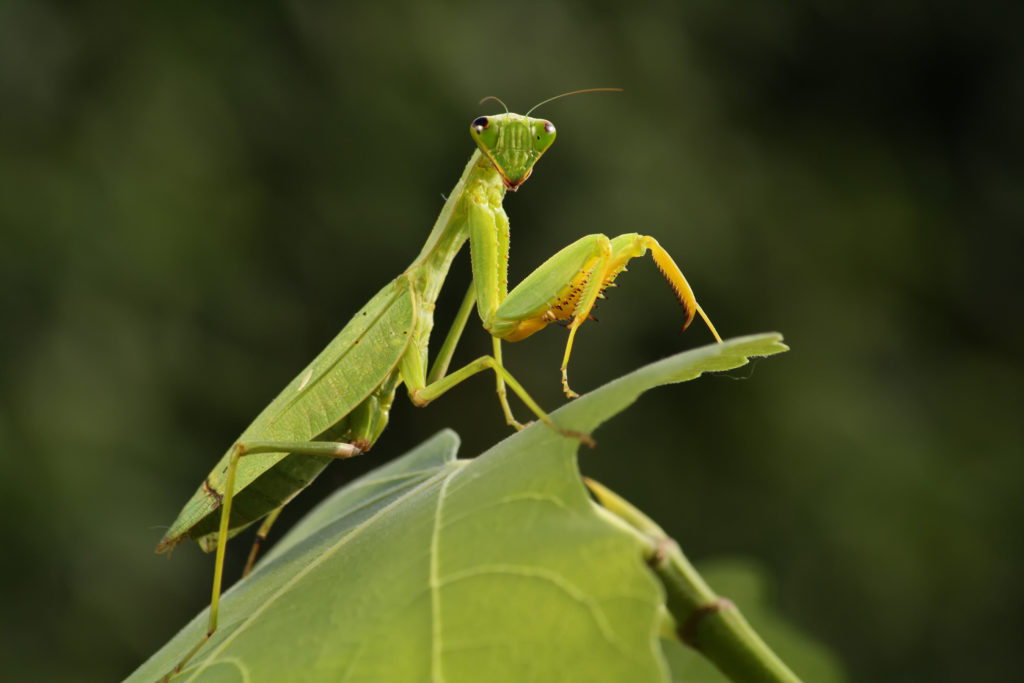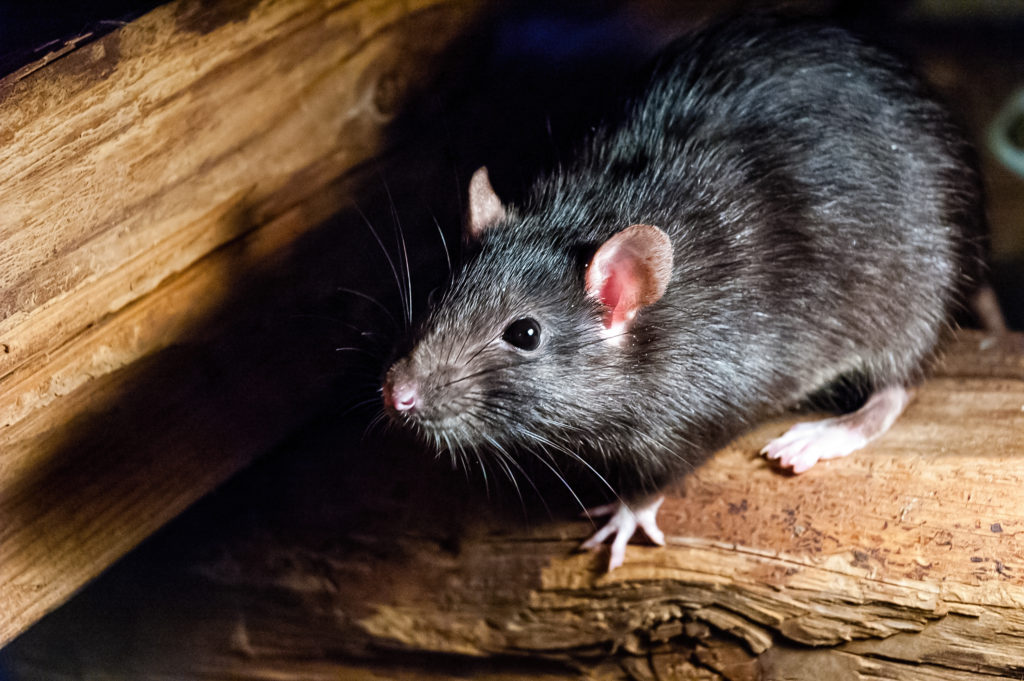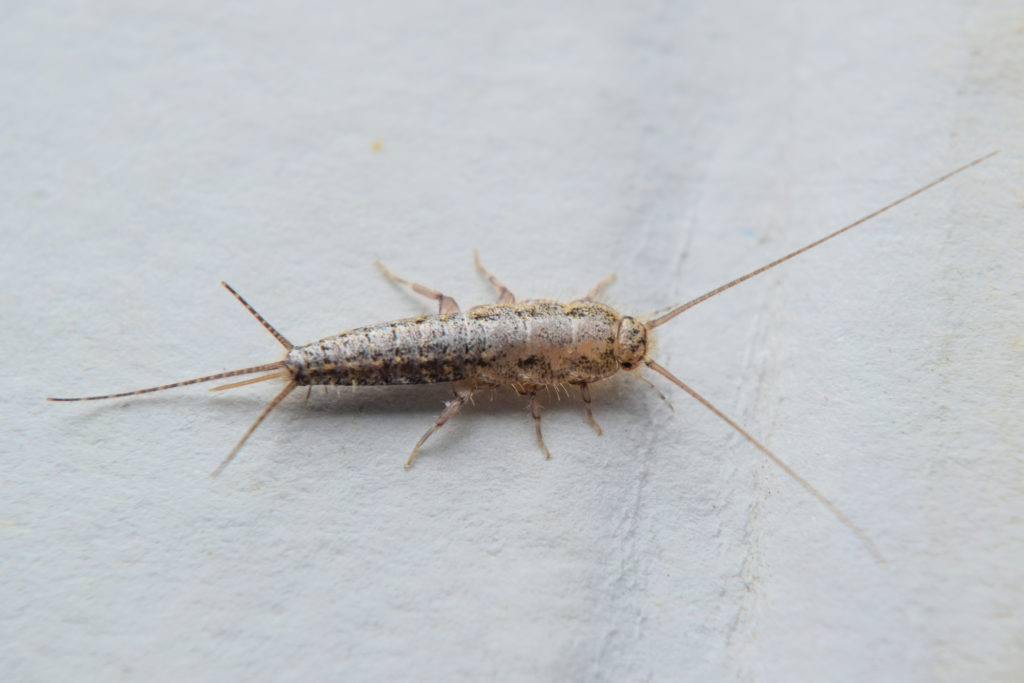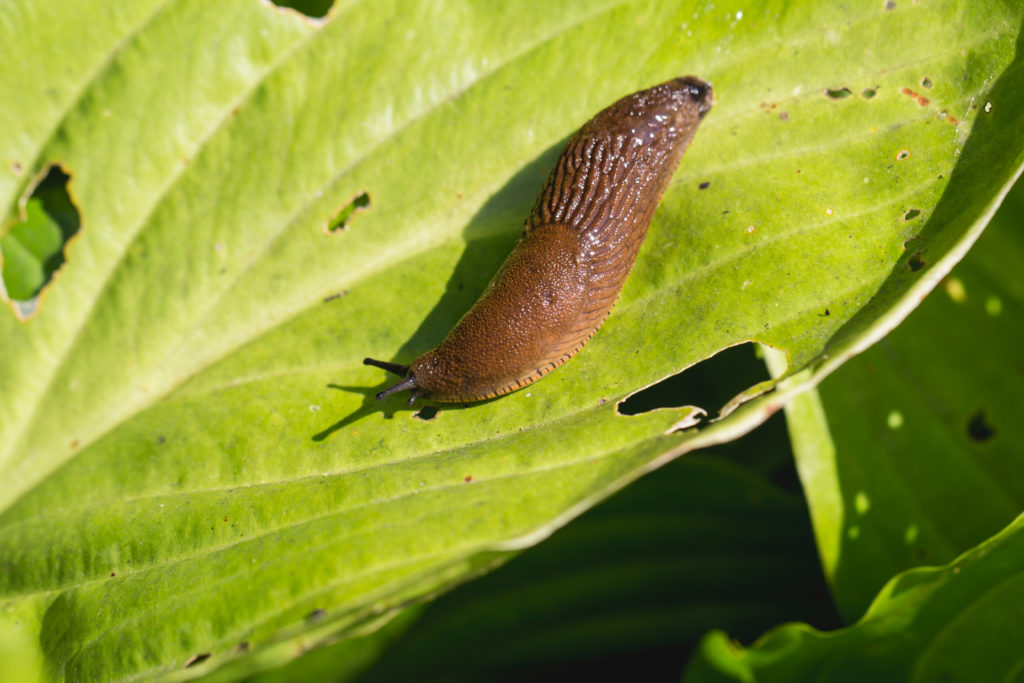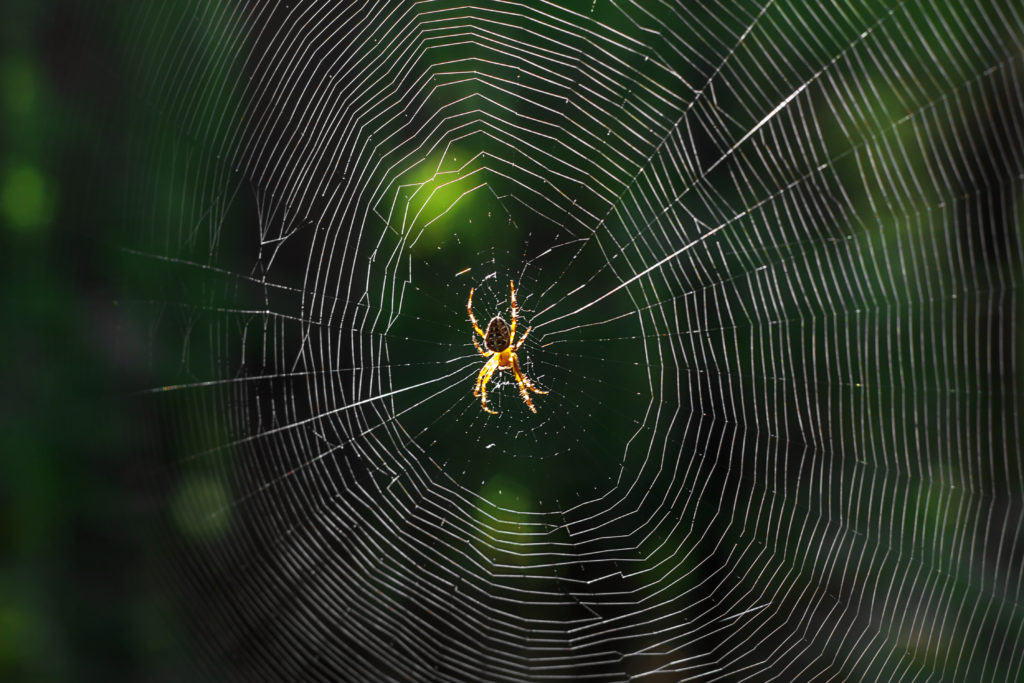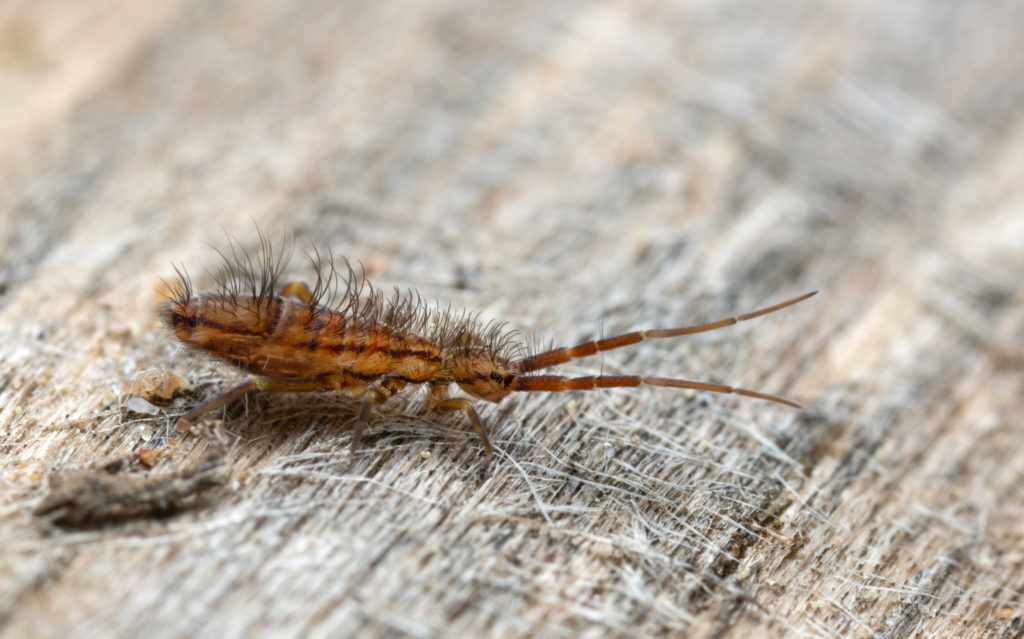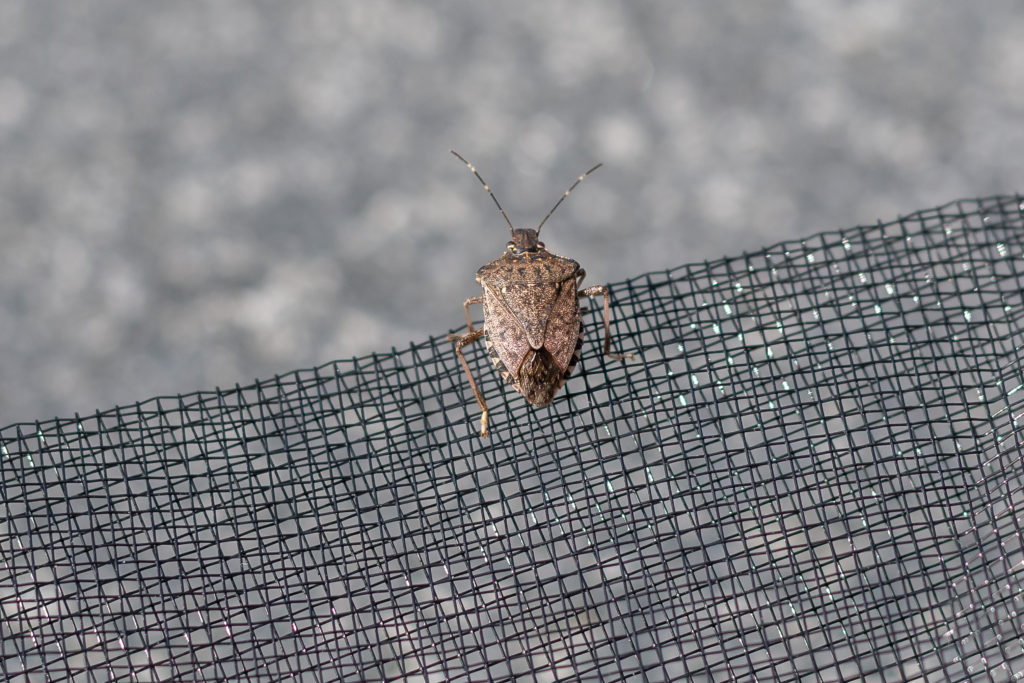Funny Names for Pests and Insects
Funny Names for Pests and Insects
Whether their common names, colloquial nicknames, or even “new names” are comical, we are covering them all!
Insects with Funny Names
While the scientific names of pests are rarely funny and, instead, are typically just difficult to pronounce, the common names for these creatures have the potential to be very silly or interesting.
Ambush Bugs
As their name suggests, these bugs ambush their prey. They are the cousins of assassin bugs, however they are notably smaller and more compact with a pair of “grabbing” forelegs called raptorials (similar to those of the praying mantis that they use to capture and hold their prey). There are roughly 300 different species of ambush bugs in existence and are in the family Reduviidae, which is distinguished by unique short beaks with three segments. While ambush bugs can be somewhat helpful as they consume other pests, they’ve been known to deliver very painful bites and, as such, should be avoided if you come across them.
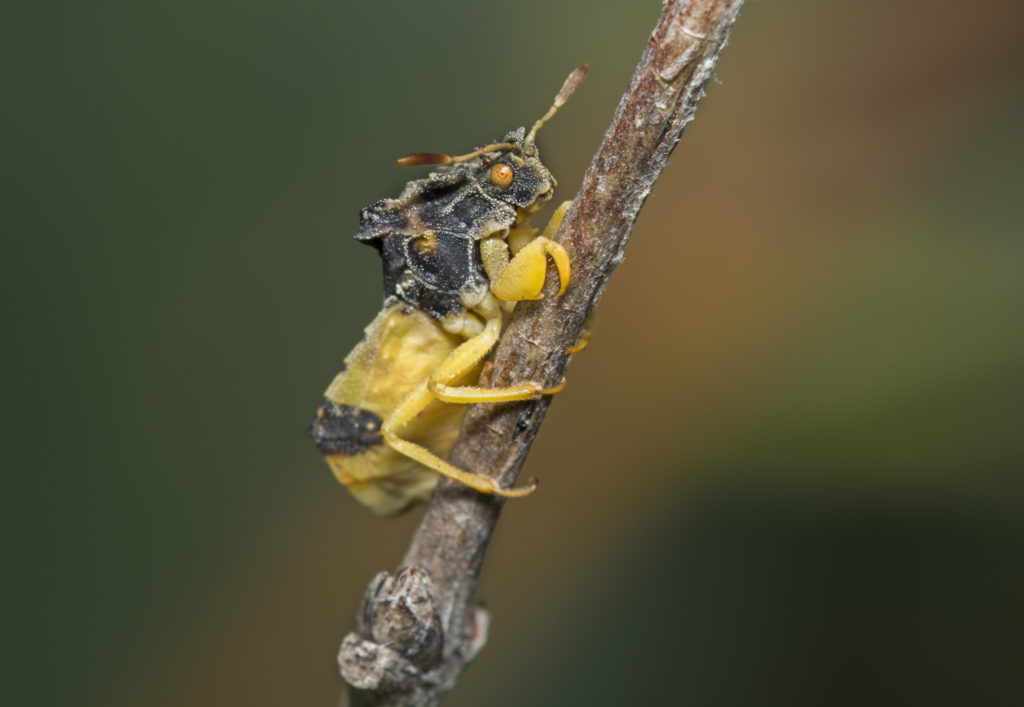
Assassin Bugs
True to their name, assassin bugs are predatory insects that are highly proficient at offing other arthropods. Some of their common victims include bees, flies caterpillars, aphids, and more. There are actually a variety of different species of assassin bugs, and some take their murderous tendencies a step further by even indulging in the blood of their victims. Assassin bugs measure about an inch long and are often black, grey, or brown.
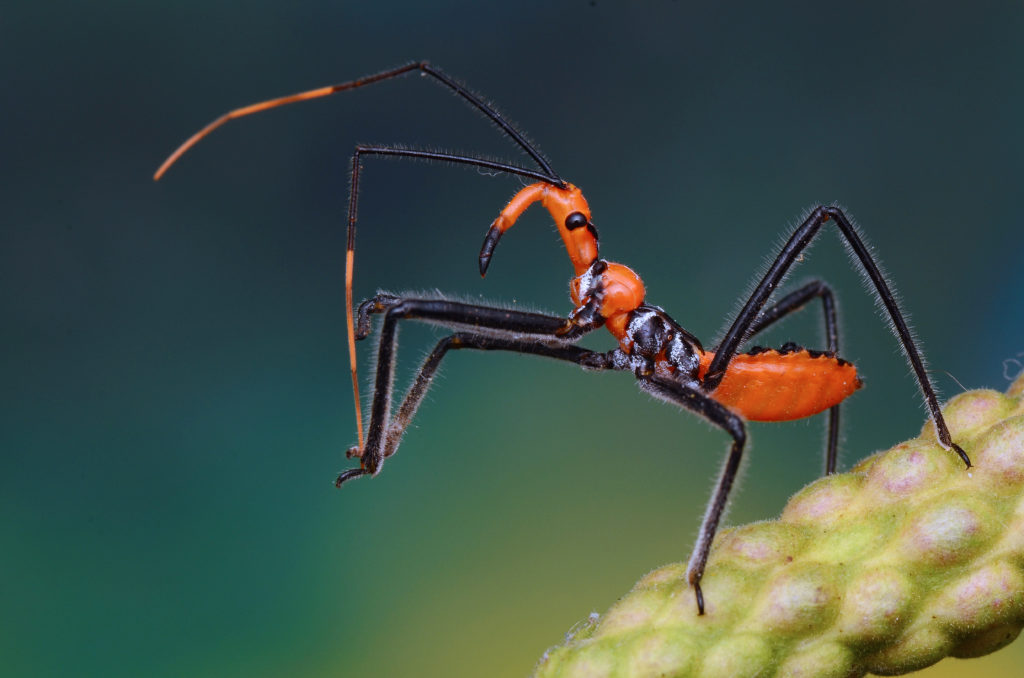
Buffalo Treehoppers
These unique little bugs get their name due to their large, oddly-shaped heads that resemble the face of buffalo. They are typically light to dark green in color and have an interesting humpback shape. Buffalo Treehoppers consume a variety of plants including vegetables, flowers, fruits, trees, etc. Using their wings, these garden pests “tree-hop” from plant to plant in order to feed and lay their eggs. They are most active in the summer and fall prior to entering a hibernation state during the winter.
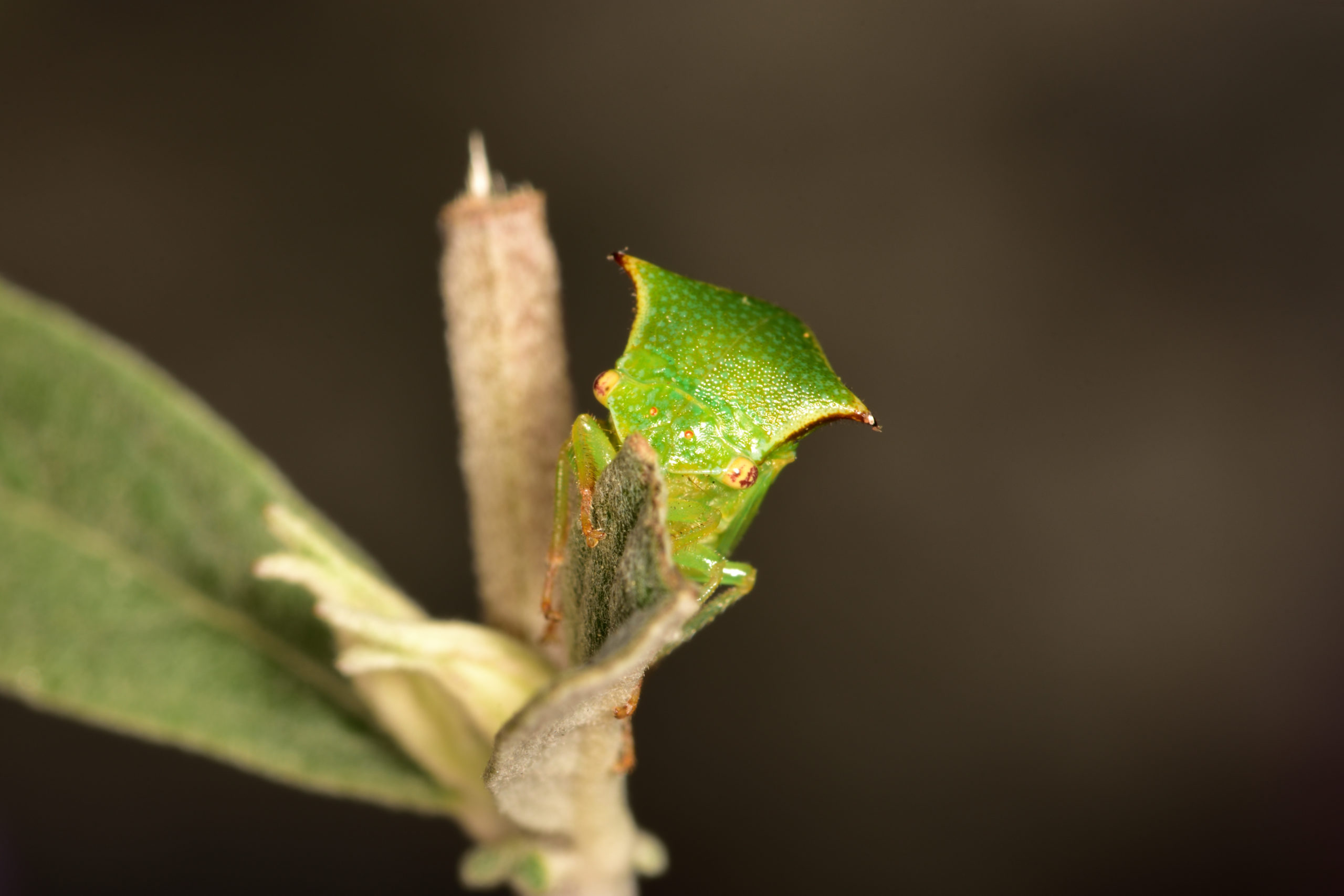
Harlequin Bugs
With bodies shaped like a shield and red-orange and black patterns dappled across their shells, these interesting bugs look like a cross between stink bugs and ladybugs. Harlequin bugs can be found across the United States and are known for being garden pests that have a particular taste for cruciferous vegetables.
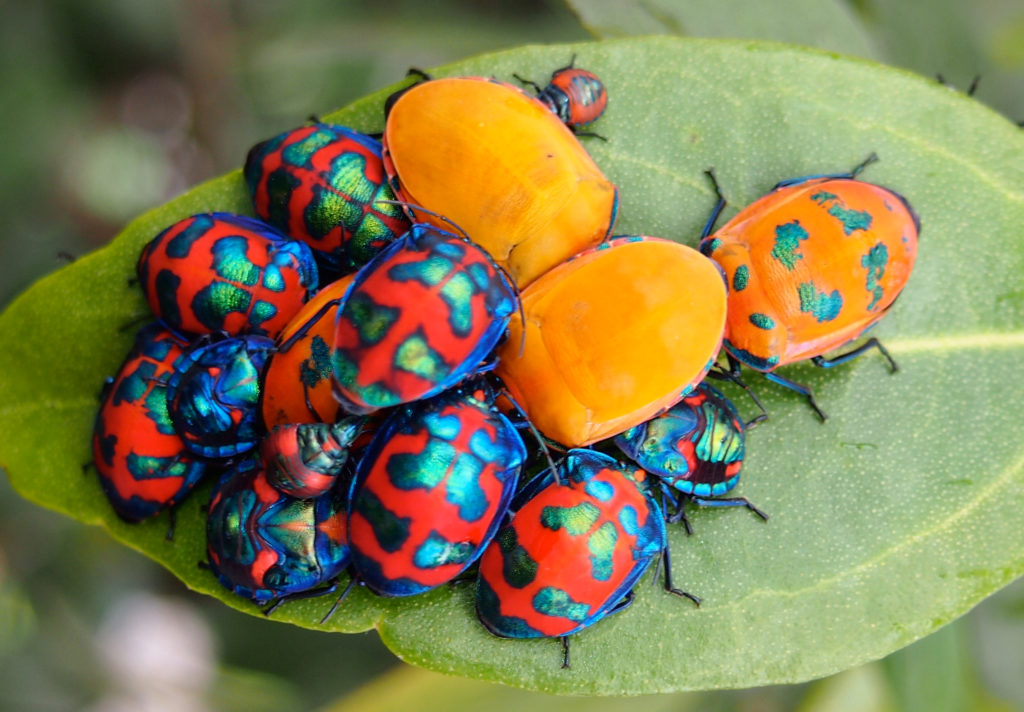
Hercules Beetle
Also known as the rhinoceros beetle, these are possibly the strongest insects in the world, capable of lifting astounding weight with proportion to themselves. On average, this weight comes to roughly 850 times their own weight – roughly the equivalent of an adult human lifting 9 adult male elephants.
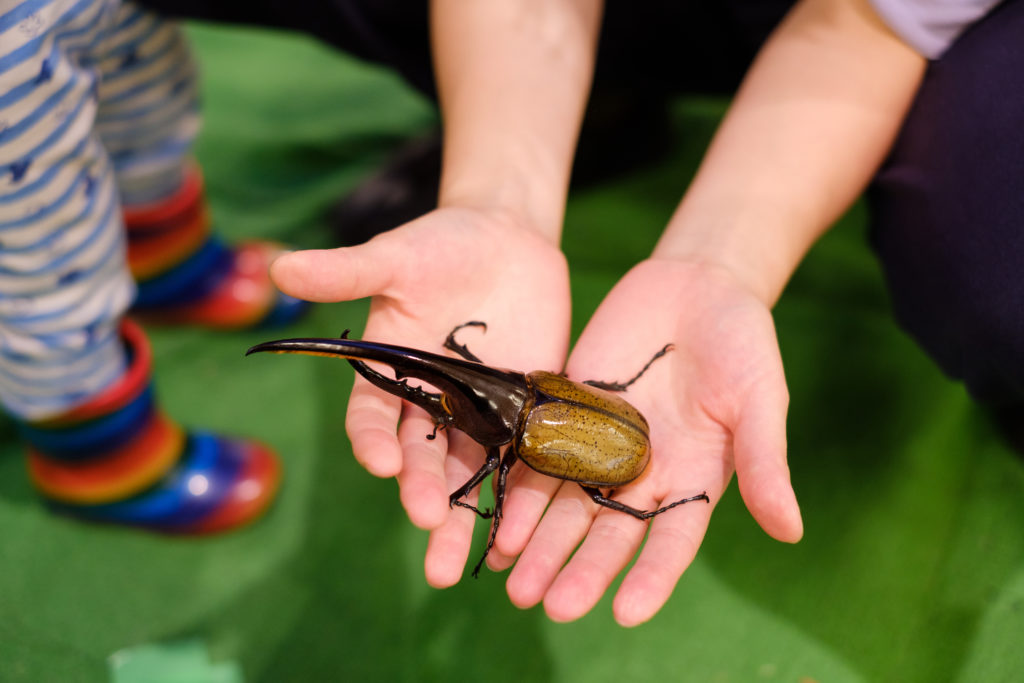
Wockia Chewbacca
Yes… this western Mexico moth species was named after the furry Star Wars character! When the moth was discovered by the Smithsonian Institution in 2009, the researchers, led by David Adams, described the creature as resembling Chewbacca, a “very large and hairy Wookie.”
**Unfortunately no images of these moths are currently available for commercial use. We recommend doing a quick google search to see these fuzzy moths from licensed sources**
Silly Colloquial Names for Insects
Depending on where you live or what they look like, bugs can get some silly nicknames that differ from their true names.
No-See-Ums
As the name suggests, these insects are hard to see. Typically, this term is used to describe biting midges/sand fleas that are practically invisible, yet their presence is still very noticeable by their painful and itchy bites.
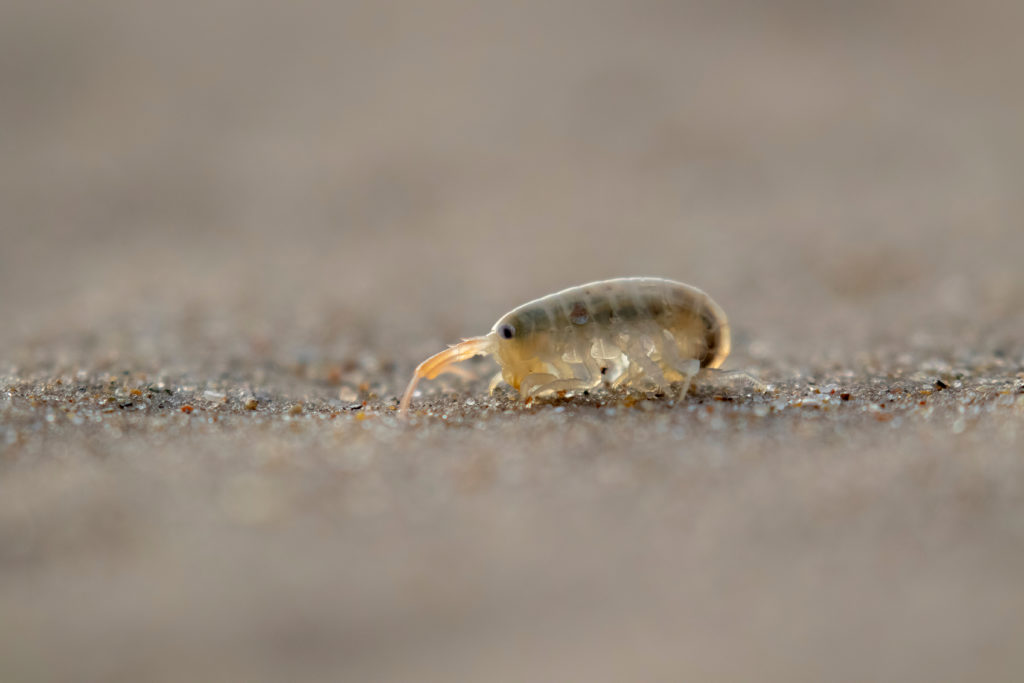
Pill Bugs/Potato Bugs/Roly Polys
These unique little creatures are actually not insects, but crustaceans. They are well known for their fun ability to roll up into a ball as well as their rounded oval shape which has led to a variety of fun local names for them.
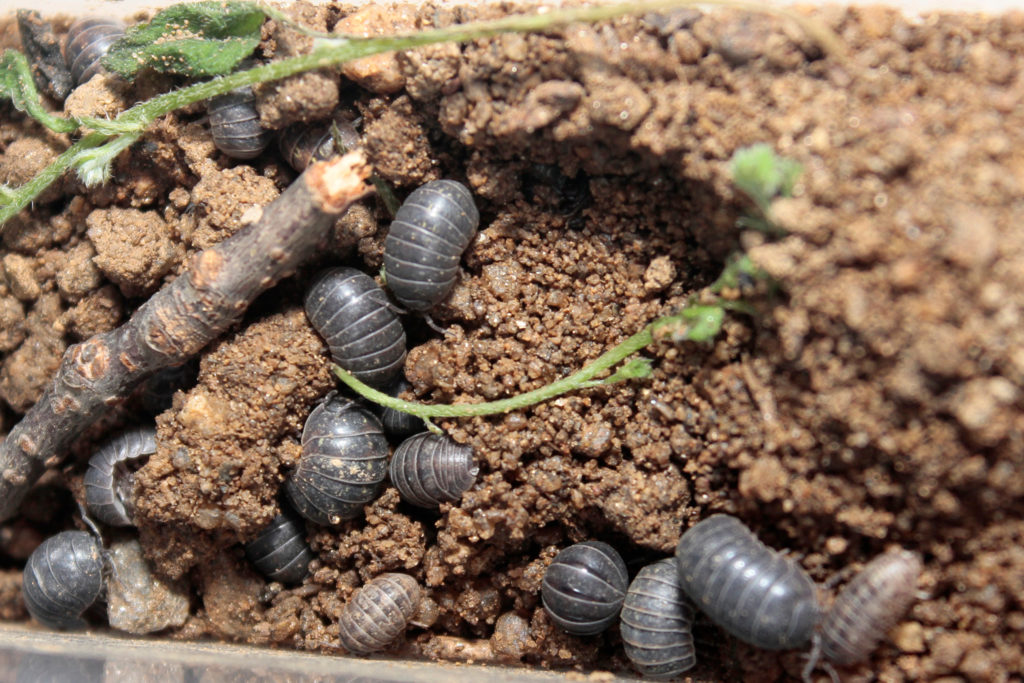
Water Bugs/Palmetto Bugs
Otherwise known as cockroaches. These two terms have become linked with these insects due to their tendency to be around moist areas and regional terminologies.
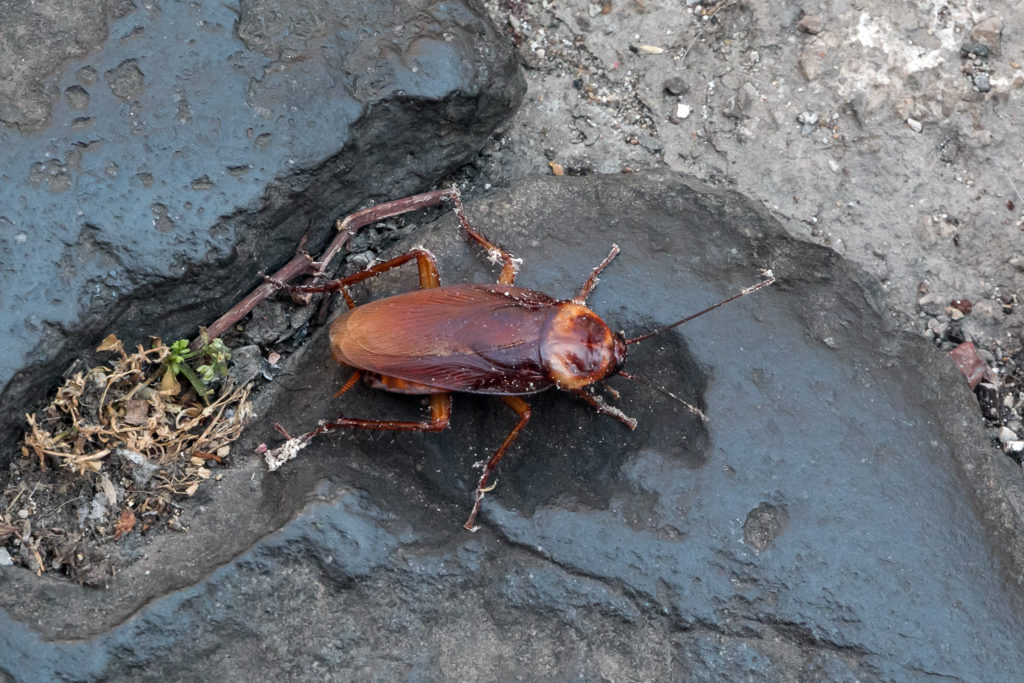
Better Names for Insects/Pests
You may have seen some of those silly videos where people rename animals with “better” names. An example of this is Jenna Marbles of YouTube fame who presented names such as “happy sea pancakes” for sting rays; “flamboyant chickens” for peacocks, and “fat formal ducks” for penguins. In line with this trend, we decided to present ‘new names’ for some common insects and pests.
Ants – Crawly Crumb Stealers

Bed Bugs – Hitchhiking Vampires
Bees/Wasps – Buzzy Ouchies
Box Elders – Darth Maul Bugs
Clover Mites – Moving Red Specks
Cockroaches – Apocalypse-Surviving Creeps
Fleas – Fluffy and Fido’s Itchy Nightmares
Gnats – Those Annoying Clouds of Specks
House Centipedes – Crawling Eyebrows
House Flies – Poop Vultures
Mice – Selfish Squeakers
Millipedes – Worms with Tiny Legs
Mosquitos – Itchy Jerks that Ruin Your Camping Trip
Praying Mantis’ – Skinny Martial Arts Sticks
Rats – Giant Sewer Mice
Silverfish – Bathtub Terrorists
Slugs – Naked Snails
Spiders – Abominations
Springtails – Flea Impersonators
Stink Bugs – Flying Stink Bombs
Ticks – The Things that Give You Lyme Disease
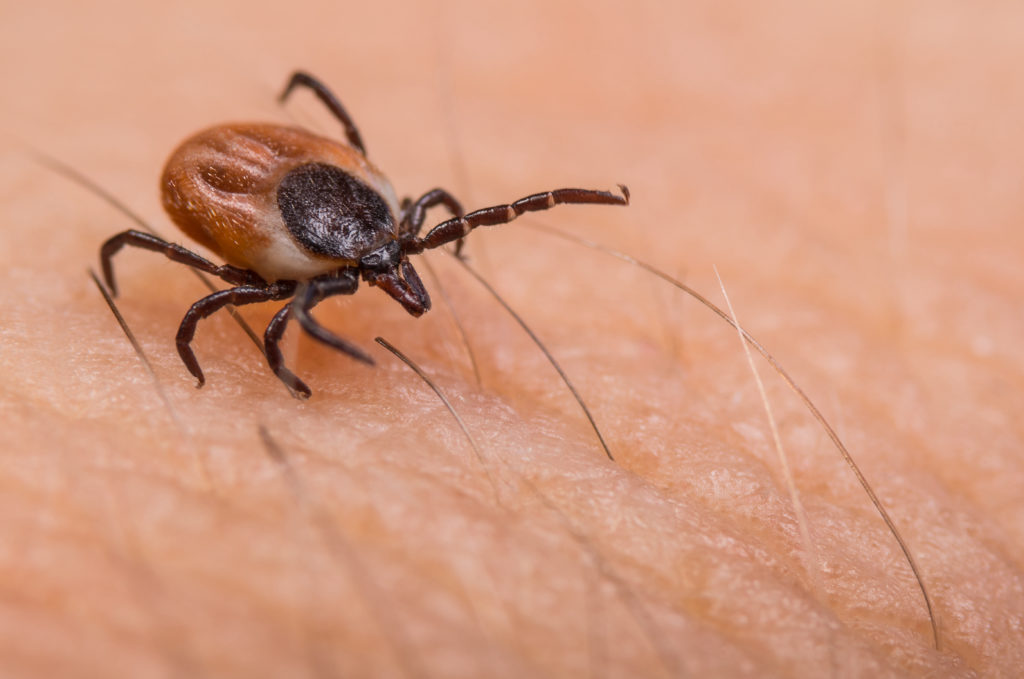
Voles – Pretty Mice
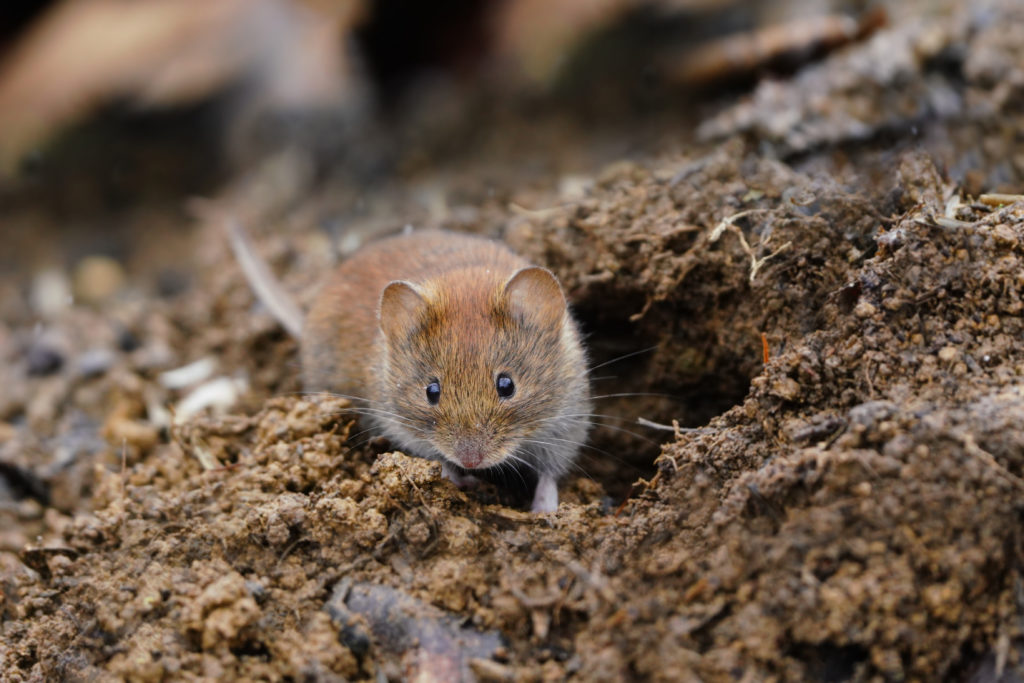
Citations
Adamski, D., Boege, K., Landry, J., Sohn, J. Two New Species of Wockia Heinemann (Lepidoptera: Urodidae) from Coastal Dry-Forests in Western Mexico.”(2009) Proceedings of the Entomological Society of Washington. 111(1), 166-182. https://bioone.org/journals/proceedings-of-the-entomological-society-of-washington/volume-111/issue-1/0013-8797-111.1.166/Two-New-Species-of-Wockia-Heinemann-Lepidoptera–Urodidae-from/10.4289/0013-8797-111.1.166.short (Accessed: September 2021).
Ambush Bug (no date) Colorado State University – Colorado Insect of Interest. Available at: http://www.wci.colostate.edu/Assets/pdf/CIIFactSheets/AmbushBug.pdf (Accessed: 2021).
Buffalo Treehopper (Stictocephala spp.) (2021) Insect Identification. Available at: https://www.insectidentification.org/insect-description.php?identification=Buffalo-Treehopper (Accessed: June 9, 2021).
Few, J. (2020) Harlequin Bug, Extension Entomology. Texas A&M University. Available at: https://extensionentomology.tamu.edu/insects/harlequin-bug/ (Accessed: June 11, 2021).
Knox, M. (2015) Harlequin Bug – Murgantia histrionica (Hahn), The University of Florida Department of Entomology and Nematology. The Florida Department of Agriculture and Consumer Services. Available at: https://entnemdept.ufl.edu/Creatures/VEG/LEAF/harlequin_bug.htm (Accessed: June 11, 2021).
Merchant, M. (2016) Wheel bugs and other assassin bugs, Texas A&M Agrilife Extension. Available at: https://citybugs.tamu.edu/factsheets/landscape/others/ent-1003/ (Accessed: June 14, 2021).
Newton, B. (2006) Assassin Bugs & Ambush Bugs of Kentucky, University of Kentucky Department of Entomology. Available at: https://www.uky.edu/Ag/CritterFiles/casefile/insects/bugs/assassin/assassin.htm (Accessed: June 16, 2021).
Post, S. (no date) University of Illinois, Illinois Natural History Survey. Available at: https://www.inhs.illinois.edu/outreach/spotlight/assasin-bugs/ (Accessed: June 14, 2021).
Raupp, M., Traunfeld, J. and Sargent, C. (2021) Ambush Bugs, University of Maryland Extension. Available at: https://extension.umd.edu/resource/ambush-bugs (Accessed: June 16, 2021).
Rhinoceros Beetles (no date) National Wildlife Federation. Available at: https://www.nwf.org/Educational-Resources/Wildlife-Guide/Invertebrates/Rhinoceros-Beetles (Accessed: March 29, 2021).
Request a Free Quote Today
(We do not share your data with anybody, and only use it for its intended purpose)

